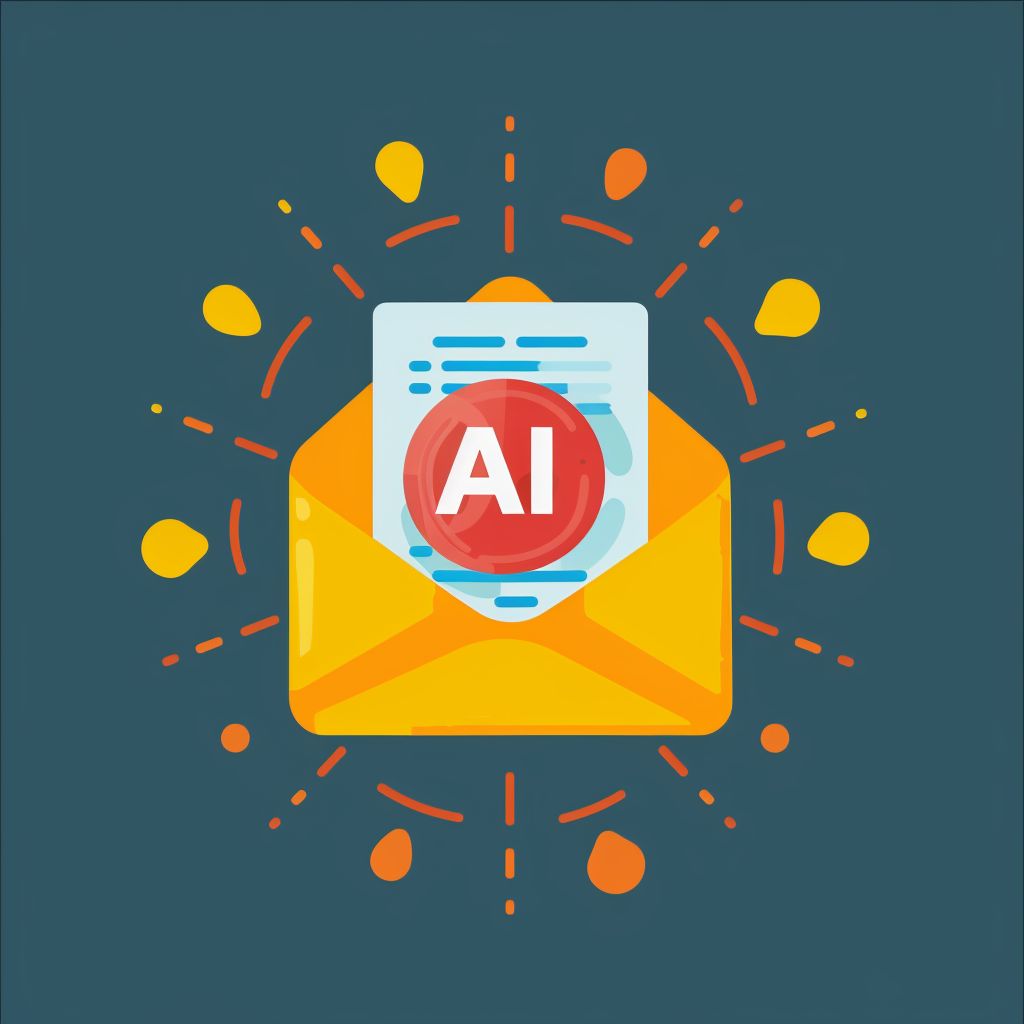🎉 FUTURE PERFECT IS BACK! (Again!)
Thank you to my loyal and new subscribers alike - your support has grown our community by a whopping 25% during my hiatus so I had no choice but to relaunch Future Perfect yet again!
I know there are many AI newsletters out there, so I wanted to make Future Perfect even better, and your feedback has been clear: simplicity wins.
So, starting today, you’ll get just the top 3 AI news stories, succinctly summarized in a few short bullet points, every weekday morning as always. No extra frills, just essential news, straight to the point. You even get a new logo — AI-generated, of course!
But please let me know your thoughts on this streamlined format through the survey below, and thanks again for your continued support!
Do you like Future Perfect's new format?
AI models can inadvertently learn biases, leading to harmful speech, raising concerns about defamation standards application.
The U.S. legal framework, particularly Section 230 of the Communications Decency Act, faces challenges in its applicability to AI-generated content.
Ethical issues arise due to AI's inability to form mens rea — intent — complicating liability in defamation cases.
Safety mechanisms like using verbatim quotes in AI models to align with Section 230 immunity are suggested.
Unresolved questions remain about AI's liability for defaming private individuals and establishing a state of mind in liability cases.
Legal and ethical standards must evolve with technology to address AI-generated defamation.
OpenAI claims building top-tier AI without copyrighted content is impossible, raising legal debates on liability.
A study highlights AI's capability to recreate copyrighted scenes, suggesting training on such material.
Legal challenges include determining liability between AI vendors and users for potential infringement.
OpenAI, facing lawsuits, argues its AI's content generation is a rare bug and defends training practices as fair use.
Experts debate the extent of AI's reliance on copyrighted content and the fairness of using widely disseminated material.
OpenAI and Midjourney face scrutiny over their training methods and potential infringement, with ongoing legal implications.
A Beijing court recognized AI-generated images as copyrightable, based on human input and originality.
The ruling aims to boost the AI industry by encouraging creative uses of AI tools.
The case involved an image of an Asian lady created using Stable Diffusion, leading to a copyright dispute.
The court's decision considers AI-generated content as artwork, reflecting the creator's aesthetic choices.
The ruling emphasizes case-by-case assessment of authorship in AI-assisted image creation.
This decision aligns with China's growing interest in AI, potentially influencing future generative AI industry developments.
MARC HOAG LAW.
Future Perfect is brought to you by my law practice serving tech startups and providing solutions at the intersection of AI and copyright law. Come say hi at MarcHoagLaw.com or click here to watch my lectures about AI and copyright law or here for my Axiomic Legal Toolkit where you can self-educate on AI and tech startups (and more!)
🎉 THAT’S ALL FOR TODAY!
See you next time! 👋
What'd you think of today's email?
🙏 PLEASE SHARE this post if you liked it!
Thanks for reading!
-Marc 👋
Looking for past newsletters? You can find them all here.


